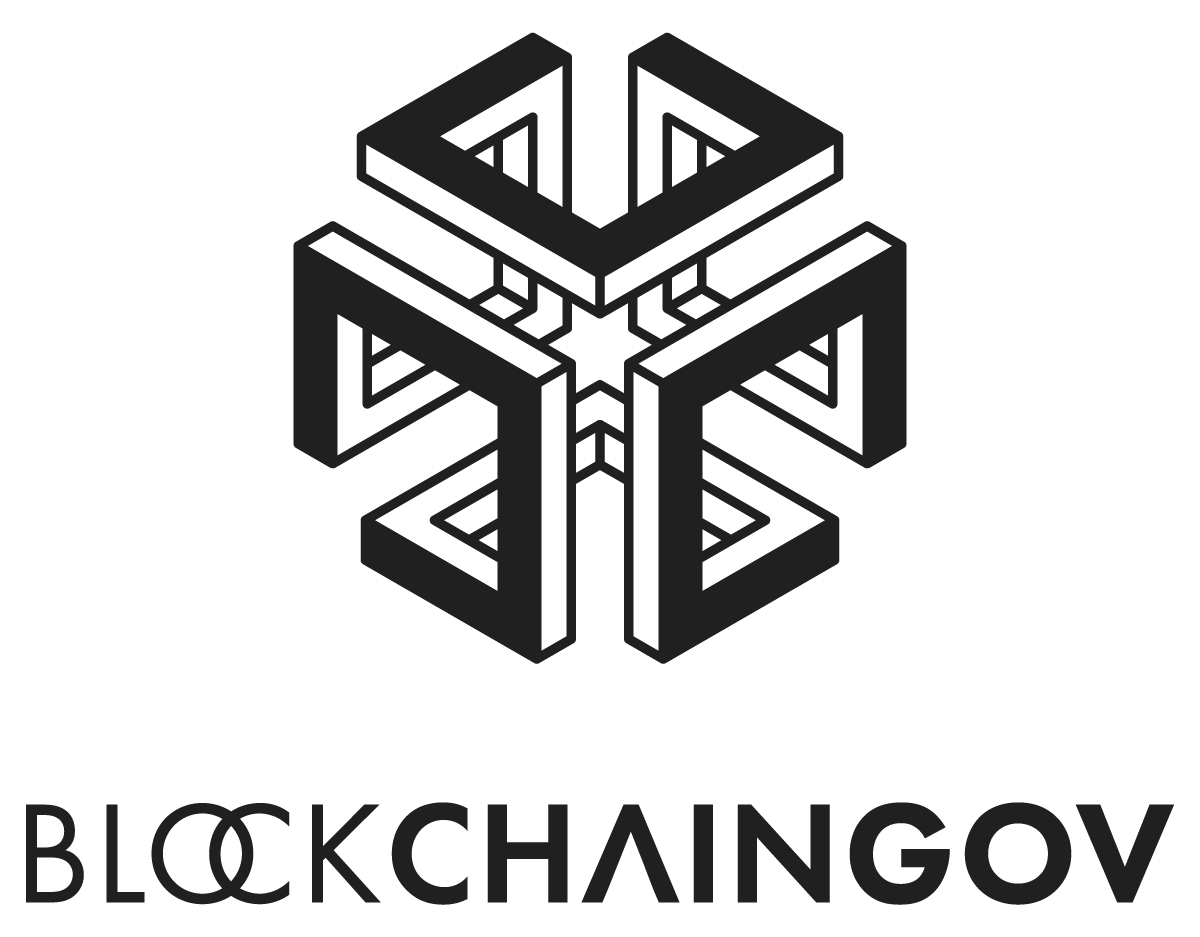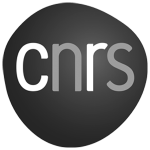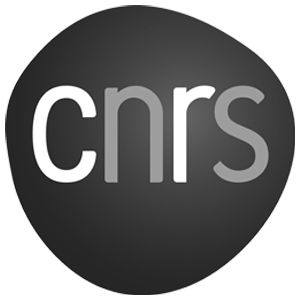
Blockchain-powered distributed governance
for communities, institutions and the world.
We are a 5-year long, transdisciplinary research effort aimed at restoring trust in institutions at the community and global levels, by promoting better on chain and off chain distributed governance practices. We are funded by the European Research Council (grant ID: 865856).




EMPIRICAL ANALYSIS
BlockchainGov will engage in participant observation, fieldwork and cultural immersion (through direct participation in online forums, chats, social media, and physical gatherings) to investigate the formal and informal governance structures of existing blockchain communities, listening to the voices of these communities from within in order to unveil the tacit governance pra tices and the invisible powers operating behind the scenes.
In the first part of the project, the ethnography will focus on three existing blockchain networks, selected for their distinct approaches to governance: Bitcoin (no official leadership, strong commitment to immutability), Ethereum (strong influence of the Ethereum Foundation, lower commitment to immutability), and Tezos (strong leadership, attempting to push most of the decision making onchain). In the second part of the project, the attention will shift to analysing the governance and operations of the testbed communities piloting the Participatory Action Research.

THEORETICAL FRAMEWORK
The BlockchainGov team will develop a theoretical framework on ‘distributed governance’, as
a process consisting of three pillars:
1
Collective action to organize multiple actors around shared resources or goals
Collective action problems amongst blockchain participants will be analysed in light of Ostrom’s work on commons based governance, as an alternative to public choice theories like Olson’s theory of collective action.
In particular, Ostrom’s Institutional Analysis and Development (IAD) framework will be used to investigate ways in which a blockchain based system can be managed as a commons pool resource, and whether it can work as a self governing system that operates in between the market and the state.
2
Rules enforcement to ensure a collective achievement of these goals
Rules enforcement—defined by the interplay between on chain and off chain
governance—will be analysed drawing from the debate between theorists of legal positivism and natural law on the questions of sovereignty and the advent or maintenance of a legal order. E.g., Schmitt’s theory of sovereignty will be contrasted with Kelsen’s conception of a positivist legal order, and Radbruch’s account of positivity and sovereignty, to investigate to the extent to which the code runs itself. Specific focus will be put on the state of exception and its application in blockchain networks.
3
Multilateral coordination and conflict resolution between a variety of stakeholders
Multilateral coordination issues will draw from Internet governance studies to assess whether existing theories and practices (via institutions like IGF, ITU, ICANN) of Internet governance can be transposed in the context of blockchain governance. Moreover, this task will provide new empirical and normative observations to the emerging field of distributed governance, exploring ways in which blockchain based systems differ from traditional Internet infrastructures, and whether they can contribute to bringing more transparency and accountability into the (self) governance of of online communities.

DESIGN & MODELLING
Blockchain for institutional governance
BlockchainGov will explore how public/permissionless or private/permissioned blockchains can serve as a “regulatory technology”, using technological guarantees to achieve specific regulatory or policy objectives (e.g. promoting more transparency, auditability and accountability).
Blockchain-based mechanisms will be explored as a means to increase confidence in the information system of public or private institutions, with a view to restore confidence and trust in these institutions. We will also investigate new ways of embedding constitutional constraints into the technological fabric of these information systems, to promote a greater degree of compliance between the rule of code and the rule of law. Drawing from the notion of functional equivalence and principle-based regulation, our research team will explore the extent to which the affordances and constraints of these blockchain-based solutions can be regarded as functionally equivalent to the requirements enshrined in existing laws and regulations (e.g. formalities and reporting obligations) and whether this may justify a reduced regulatory burden for those that incorporate these solutions into their information system.

EXPERIMENTATION
Blockchain for institutional governance
BlockchainGov will engage in a real world setting to test the feasibility, acceptability and social implications of new governance models. It will rely on a Participatory Action Research (PAR) methodology, in partnership with selected initiatives geared towards the development of on chain and off chain governance tools for decentralized communities. Initiatives will be chosen in due time, in light of their relevance to the project. While these initiatives will provide the platform and tools, actual experimentation will be undertaken by third party communities that will employ these platforms to experiment with novel forms of blockchain- enabled governance.
PAR is a qualitative research methodology based on the premise that “you cannot understand a system until you try to change it”. Yet, change must come from within the communities, directly participating in all phases of the research process. In line with PAR principles, the work will be done with, rather than on or for these communities. The objective is to empower communities by helping them acquire more awareness, and let them take action only if they desire to do so.










 This site is licensed under a Creative Commons Attribution 4.0 International License. The BlockchainGov project has been funded by an European Research Council Grant.
This site is licensed under a Creative Commons Attribution 4.0 International License. The BlockchainGov project has been funded by an European Research Council Grant.